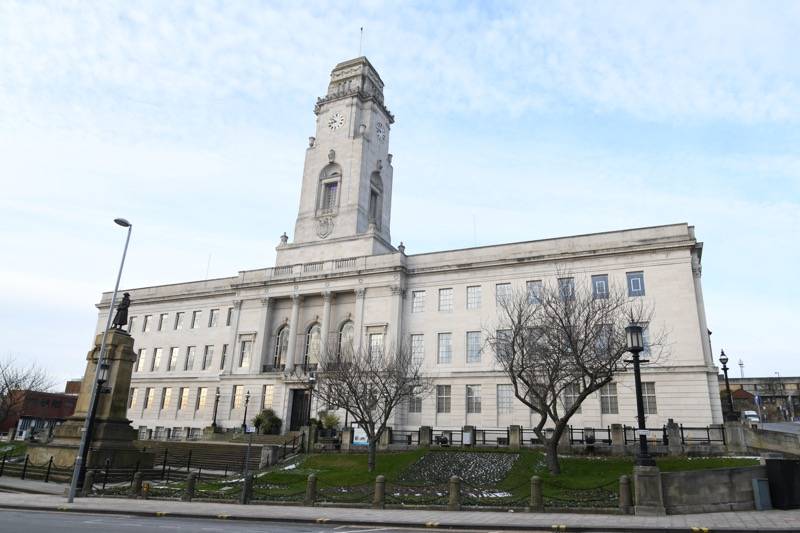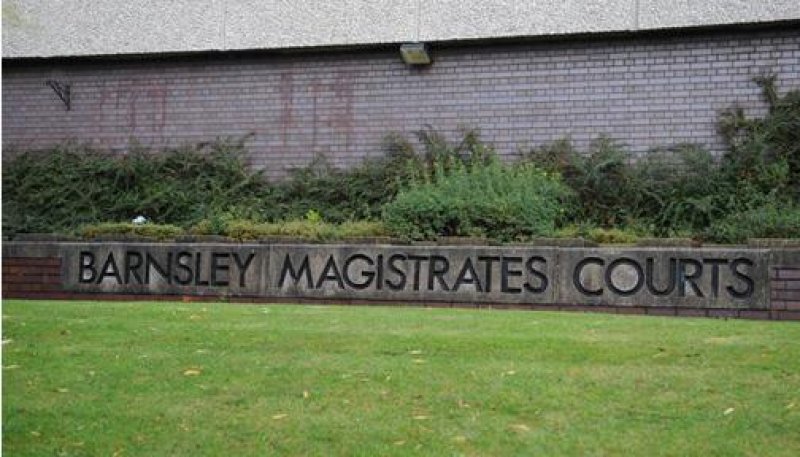SEVEN weeks after a damning parliamentary report said ex-miners should receive a cash windfall from a ‘grossly unfair’ pension scheme, the Barnsley MP who sparked the inquiry has demanded ‘immediate’ action.
Barnsley East MP Stephanie Peacock wrote to prime minister Boris Johnson this week requesting an urgent follow-up from the cross-party Business, Energy and Industrial Strategy (BEIS) Select Committee report published in April.
The report heavily criticises the government’s claiming of at least £4bn from a pension pot for former miners, many of whom also suffer long-term illness and disabilities after years down the mines.
It confirms that current arrangements, in place after an ‘arbitrary’ agreement between the government and pension trustees in 1994, disproportionately benefit the government at the expense of members.
Some, according to the inquiry held on March 23, survive on as little as £18 a week.
Stephanie, who led the campaign for an inquiry, told the Chronicle she understood the government is obliged to respond to the report – but doesn’t want to be ‘seen to be made to do something’.
A decision is likely to be made by the end of July.
The report confirms the government ‘failed to conduct due diligence’ in undertaking the 50-50 split, and not accurately forecasting how much it could receive.
It recommends that the £1.2bn Investment Reserve – a fund left by British Coal, to be called on in the event of a deficit – be given to ex-miners, equating to a £14-a-week uplift.
A further £700m in the Guarantor’s Fund could see the increase become £22 per week.
The current average pension for former miners in the scheme is £84 a week.
Stephanie said: “Having led the campaign for a cross-party inquiry into the Mineworkers’ Pension Scheme, the report concluded that the government shouldn’t be in the business of profiting from miners’ pensions.
“It called for an immediate rethink of the surplus sharing arrangements that have seen the government take £4.4bn out of miners’ pensions.”
BEIS chairman Darren Jones MP will meet with Stephanie and ex-miners in Barnsley later this month as the committee continues to put pressure on the government to act.
“The government both manages and profits from the scheme but makes no financial contribution,” she said in the letter, backed by 49 MPs.
“As the group of MPs who originally signed a cross-party letter calling for the inquiry, we strongly welcome the report and are writing following its publication calling for immediate action from the government.”
The Mineworkers’ Pension Scheme (MPS) was established as the larger of two schemes for pit workers in 1952.
In 1994, upon the privatisation of British Coal’s operations, contributions were closed and the government stepped in as guarantor – in return getting 50 per cent of surpluses, used to improve members’ benefits or offer contribution holidays to employers.
Since then, the scheme’s strong performance has seen the government pocket £4.4bn – double its initial projections – and anticipate at least a further £1.9bn, despite not contributing financially.
The government’s guarantee to ensure payments are made even if the scheme falls into deficit, adds the committee, is not ‘proportionate to the relatively low degree of risk’ attached to the MPS, which has continued to yield strong returns in spite of economic uncertainty.
The committee proposes that the government only become entitled to a share of surpluses if it has to pay to counter a deficit, and only to make its money back.


















